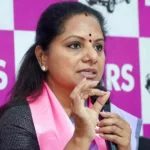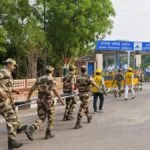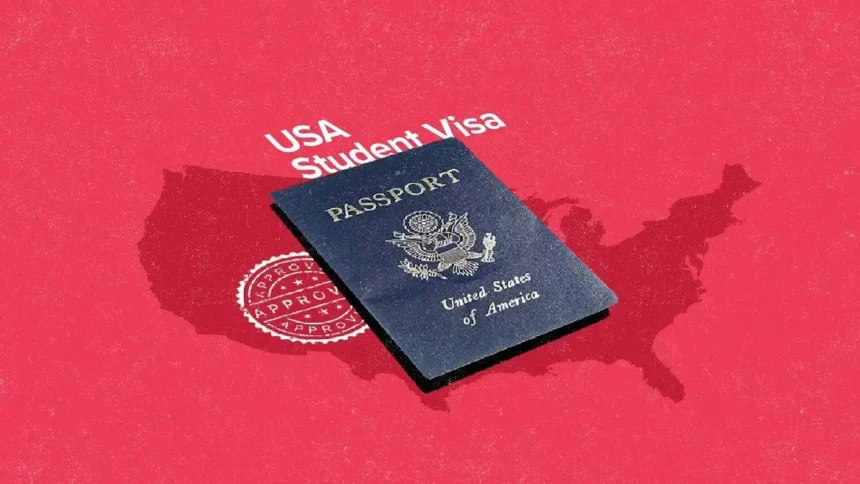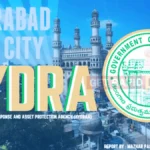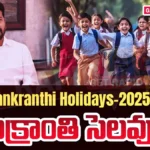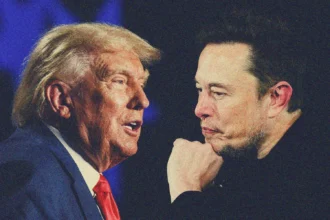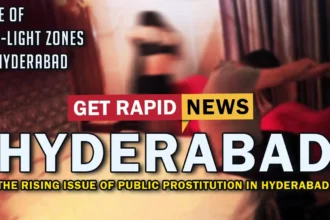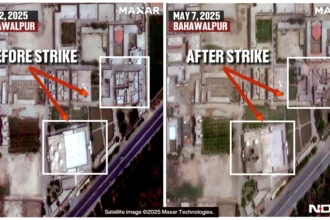US student visa interviews Freeze: It was just another Monday for Aarav Patel in Mumbai—until he checked his email.
His appointment at the U.S. Embassy for a student visa interview, booked three months in advance, was suddenly canceled. No explanation, no new date, just a short message: “In light of updated screening procedures, we are temporarily suspending the scheduling of new student visa interviews.”
Aarav, a 22-year-old engineering student accepted into the University of Michigan’s master’s program, had spent the last year preparing: acing the GRE, securing scholarships, filling out visa paperwork, and even buying his first suitcase. Now, he sat on his bed, stunned, scrolling through the news.
The U.S. had put a pause on new student visa interviews—worldwide.
A Sudden Stop in the Pipeline of Global Talent
The official reason? Plans to implement enhanced security checks, including the screening of applicants’ social media activity, under a new federal order signed earlier this year.
And just like that, hundreds of thousands of international students—many with dreams just as big as Aarav’s—were thrown into uncertainty.
For the U.S., this might just be policy. For students, this is personal.
“We’re Not Just Numbers”
“It feels like they don’t see us as humans anymore,” said Salma Nour, a Sudanese student who had been accepted to Yale for Public Policy. “We’re treated like a risk first, a student second.”
What makes this freeze particularly frustrating is its timing. It comes at a critical moment for fall admissions. Most international students begin preparing up to a year in advance. Many have already left jobs, turned down other offers, or made financial commitments.
“It’s not like you can just defer a dream,” said Vikram Mehta, a counselor in Hyderabad who helps students apply abroad. “Some of these kids are first-generation college-goers. Getting into an Ivy or a top-tier American university is more than just academic—it’s a ticket out of poverty for their families.”
A Move Tied to a Bigger Agenda-(US student visa interviews)
This shift didn’t come out of nowhere. Earlier this year, President Trump signed Executive Order 14161—a policy directive aimed at tightening immigration scrutiny across all categories, not just students.
The Department of Homeland Security (DHS) has now proposed collecting five years’ worth of social media history from all visa applicants. The rationale is national security—an effort to prevent any misuse of the U.S. immigration system.
Critics argue that such blanket measures often lead to discrimination, false red flags, and a chilling effect on freedom of expression.
“I shouldn’t have to scrub my Instagram just to study international law,” said Daniela Rivera, a Colombian student headed to NYU. “What if I shared a political meme five years ago? Is that grounds for rejection?”
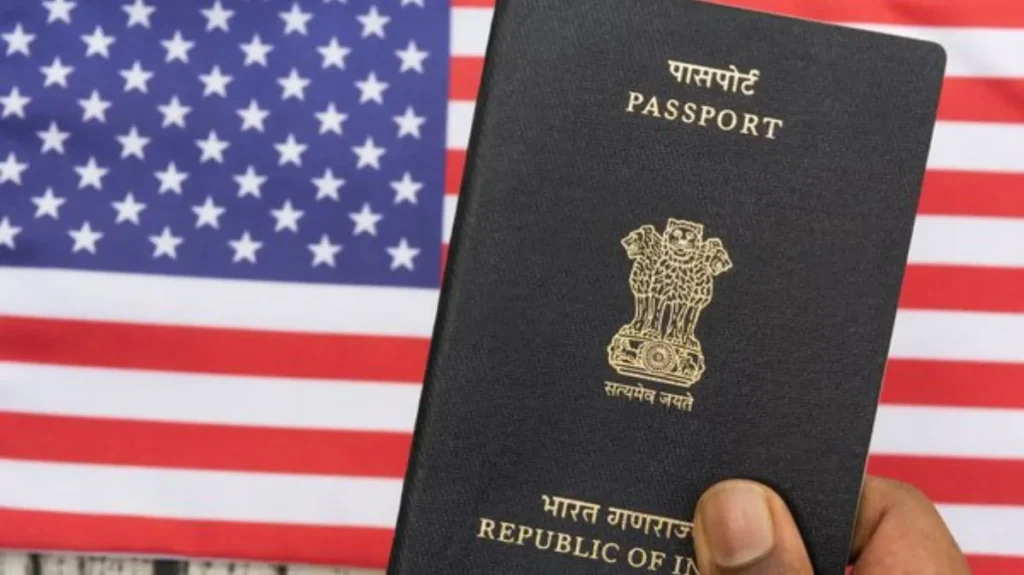
Academia Feels the Ripple
Universities aren’t staying silent either. Many elite institutions—Harvard, Stanford, MIT—have issued statements expressing concern. Some are pushing back hard, citing not only the financial impact (international students often pay full tuition) but also the cultural and academic enrichment these students bring.
A 2024 report by NAFSA: Association of International Educators found that international students contributed over $30 billion to the U.S. economy. But beyond the numbers, they form global bridges.
“We’ve had Chinese students collaborate with Israeli researchers, or Nigerian undergrads build startups with Midwestern farmers,” said Dr. Elaine Jacobs, Dean of International Affairs at UCLA. “That kind of synergy doesn’t happen anywhere else like it does here.”
The Real Cost of Waiting – US student visa interviews
For now, those who had already scheduled interviews might still be able to proceed—though even that isn’t guaranteed. But new appointments? Indefinitely paused. The U.S. government hasn’t committed to a timeline.
The silence is loud.
And while some students consider alternatives—Canada, the UK, Australia—most agree: it’s not about just finding another school. It’s about missing out on the “American dream.”
Aarav sums it up: “The labs at Michigan. The professors. The startup incubators. That’s what I was dreaming about. I could go somewhere else, sure. But it won’t be the same.”
A Window of Hope? – US student visa interviews
The DHS has opened a 60-day public comment period for the social media policy. Advocacy groups like the ACLU and immigration-focused nonprofits are calling for clarity, if not a rollback.
Meanwhile, immigration lawyers advise students to hold tight. “We’re telling our clients not to panic. These changes are still being reviewed, and embassies may reopen interviews within weeks if there’s enough pushback,” said Anjali Desai, an immigration attorney based in New Jersey.
Still, for many students, it’s hard not to feel lost in the shuffle of bureaucracy and geopolitics.
An Emotional Toll That’s Hard to Measure
The stress, of course, isn’t just academic. It’s psychological.
Some students are experiencing anxiety, sleepless nights, or even depression over the uncertainty. Parents—who’ve invested years of savings—are equally shaken.
“I watched my daughter cry for the first time in months,” said Farzana Ahmed, mother of an admitted student from Karachi. “She said, ‘Ammi, I did everything right. Why is this happening?’ And I didn’t have an answer.”
The Bigger Question
At its core, this isn’t just about visas or security protocols. It’s about what kind of country the U.S. wants to be seen as: a fortress or a frontier.
If the goal is truly to attract the world’s best and brightest, policies like these send the opposite message. They don’t say “We value your talent.” They say, “We’re suspicious of it.”
And that message, unfortunately, echoes far louder than any admissions letter ever could.
For more updates like US student visa interviews and other exciting news, visit our website now!
Join GetRapidnews


